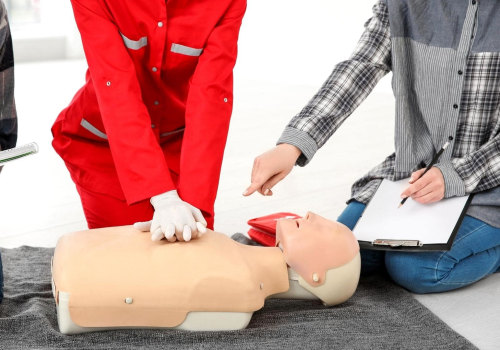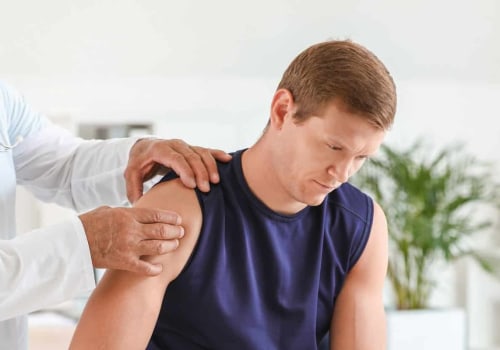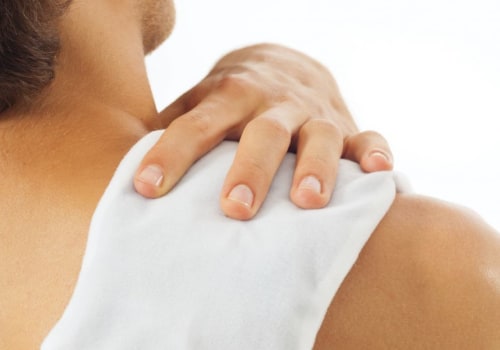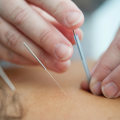Get helpful tips and guidance for everything from fighting inflammation to finding the best diets for weight loss, from exercises to strengthen your abdomen to advice on treating cataracts. PLUS, the latest news on medical breakthroughs and breakthroughs from Harvard Medical School experts. Among the most common home remedies for pain is the application of heat and ice directly to pain sites. While this treatment may seem obvious, not everyone knows exactly when to use ice instead of heat.
But what happens after taking a pain reliever? It doesn't go directly to the shin or head, even though that's the area that hurts so much. Pain relievers work with cells, nerve endings in the body, nervous system, and brain to prevent you from feeling pain. Whether you're looking for a remedy that you can prepare at home or you want to avoid using pain relievers, there are several home remedies for toothache. Some people postpone going to the doctor because they think pain is part of aging and nothing can help.
A heating pad or cold pack that is worn briefly on the head can also help reduce headache, while an ice pack can help relieve low back pain. Be careful if you have diabetes or another condition that affects circulation or ability to feel pain. While some pain relief medications can be addictive, there are several non-addictive medications available. They may also recommend TENS, a procedure in which patches placed on the skin are used to send signals that can help stop pain.
In painful cases like these (and many others), your mother or father may have given you a medication called a pain reliever. Both acetaminophen and NSAIDs reduce fever and relieve pain caused by muscle aches and stiffness, but only NSAIDs can also reduce inflammation (swelling, warmth, injury-related redness, and irritation). When used to control pain, they are usually given in the form of pills or injections that target a particular joint. Observing and modifying visualizations gives you some degree of control over your body's response to pain.
Researchers point out that many of the studies on exercise for chronic pain are of poor quality, but they say that general research suggests that physical activity can reduce the severity of pain. It sends gentle electrical pulses through wires to help mask and interrupt pain signals reaching the brain. One study found that while anti-inflammatory drugs such as ibuprofen can relieve pain in the short term, they can cause chronic pain. These techniques, including meditation, mindfulness, and breathing exercises (among many others), help you restore a sense of control over your body and reject the fight-or-flight response, which can worsen chronic muscle tension and pain.
Pain relievers, whether over-the-counter or prescription, can help you manage chronic pain and other types of pain. Many studies have shown that they can help people manage pain caused by a range of conditions, from headaches to arthritis and persistent injuries.







